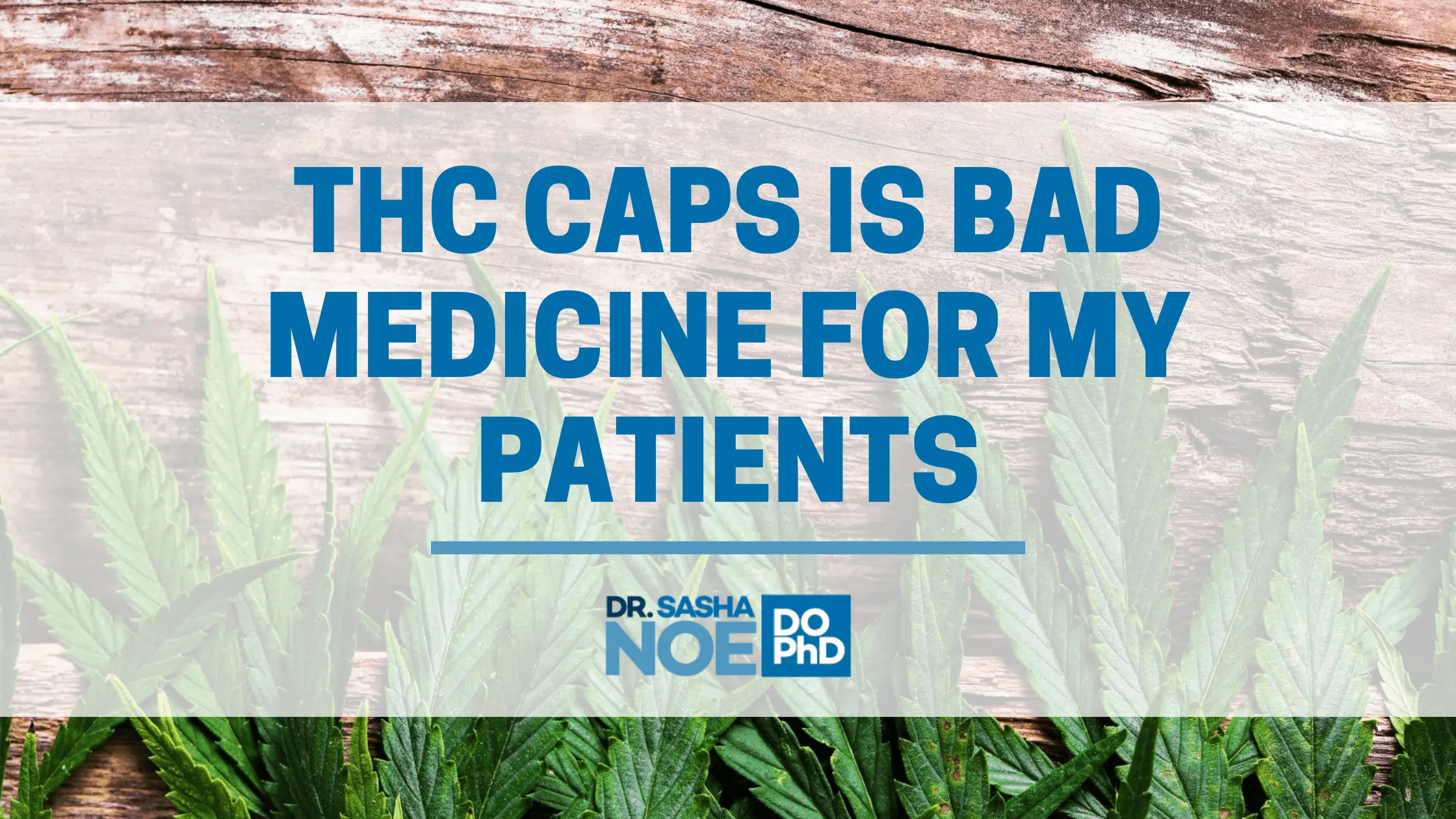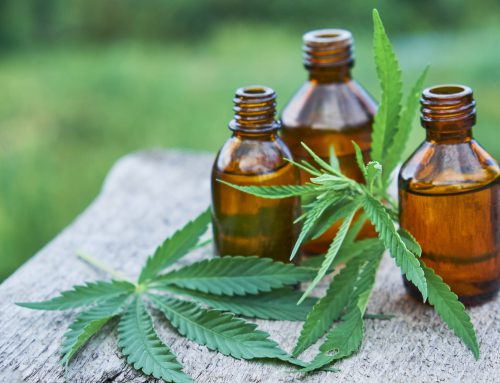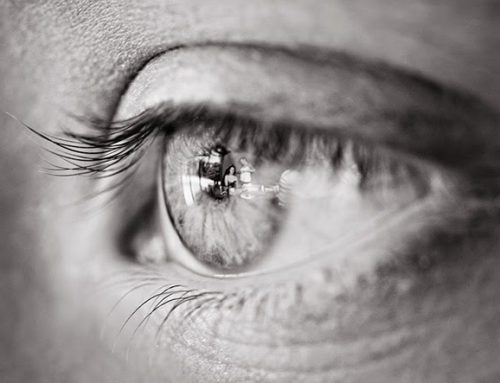This bill is essentially a cure in search of a disease.
The proponents of HB 1455 — which would decrease and limit the potency of medical marijuana sold legally to patients in Florida — claim their proposals are based on science and an urgent public health need.
Those claims are simply — and objectively — false.
You might be saying to yourself, “Who is this lady? I think the legislature really knows what is best for medical marijuana patients.”
I am a Florida physician who currently certifies medical marijuana treatments for my patients. I am also the only known physician in the nation holding a Ph.D. in medical microbiology and immunology with a specialization in molecular and cellular cannabinoid research for over two decades.
I don’t say all of that to brag but to establish that, perhaps unlike the folks in the legislature writing these proposals, I know — and care — a great deal about medical marijuana, from the molecular-cellular perspective to the human one, as both a researcher and an active practicing physician.
It is my life’s goal to educate and consult with patients, physicians and the industry about medical cannabis while developing safe, maximally effective, therapeutic applications of cannabis, and minimizing the use of opioids and other more harmful pharmaceuticals to improve overall health and wellness.
So, allow me to reiterate: there is absolutely no scientific or public health need — none — to necessitate the implementation of the THC caps, nor the new restrictions on certifying physicians being proposed in the legislature. None. Zero.
The preponderance of available data — scientific, medical, public opinion, and anecdotal from the patients I see — says that patients have extraordinarily high satisfaction with marijuana versus the prescription medications they use to treat the same conditions. It also says that there are virtually no adverse effects from patients’ use of cannabis in the vast majority of patients.
This bill is essentially a cure in search of a disease.
From the over 500,000 current medical marijuana patients in Florida, there hasn’t been any single piece of data to suggest a need to limit and decrease the potency of medical marijuana. The same is true of the data from the previous hundreds of thousands of patients over the four years since 71% of voters passed medical marijuana into law.
This “cure” to an ailment that doesn’t exist will hurt — not help — patients who need medical cannabis. We are talking about people suffering from the ravages of chemotherapy, veterans suffering from PTSD, patients suffering from uncontrollable spasticity, and a host of other such debilitating and disabling maladies.
If these artificial limits on the concentration of THC in these products were to become law, many of my patients would be forced to inhale more smoke or steam (through vaping) just to receive the same amount of THC. As a physician, smoking or vaping of anything is not my preferred choice of administration (pills, tinctures or ointments can be very effective in my opinion) but for many patients, it is the fastest way they can receive relief. To that end, I don’t want them to have to smoke or vape more just to receive the same dosages that I recommend. Further, as these treatments are not covered by insurance, patients have to pay out-of-pocket for medical cannabis and this proposed law will make these products more costly and for many of my patients will put them out of reach.
Of course, many patients with severe and chronic conditions have an entire pharmacopeia of FDA-approved opioid and other narcotic medications their insurance will pay for. Many patients either supplement and decrease opioid use with cannabis, others are able to supplant opioids entirely with cannabis — THC caps would cruelly send patients back to far more dangerous, addictive alternatives.
I hope common sense prevails and lawmakers leave well enough alone until we have robust scientific and clinical data to support such changes. Until then stop paying playing physicians and let the real physicians do their job. Our patients deserve to have the medicine they need at a price they can afford. Putting artificially low caps will not only force patients to smoke or vape more, to buy more, and to pay more but as a doctor — one who has spent her adult life studying cannabis and the human body — I can say without hesitation that this bill is simply bad medicine.





